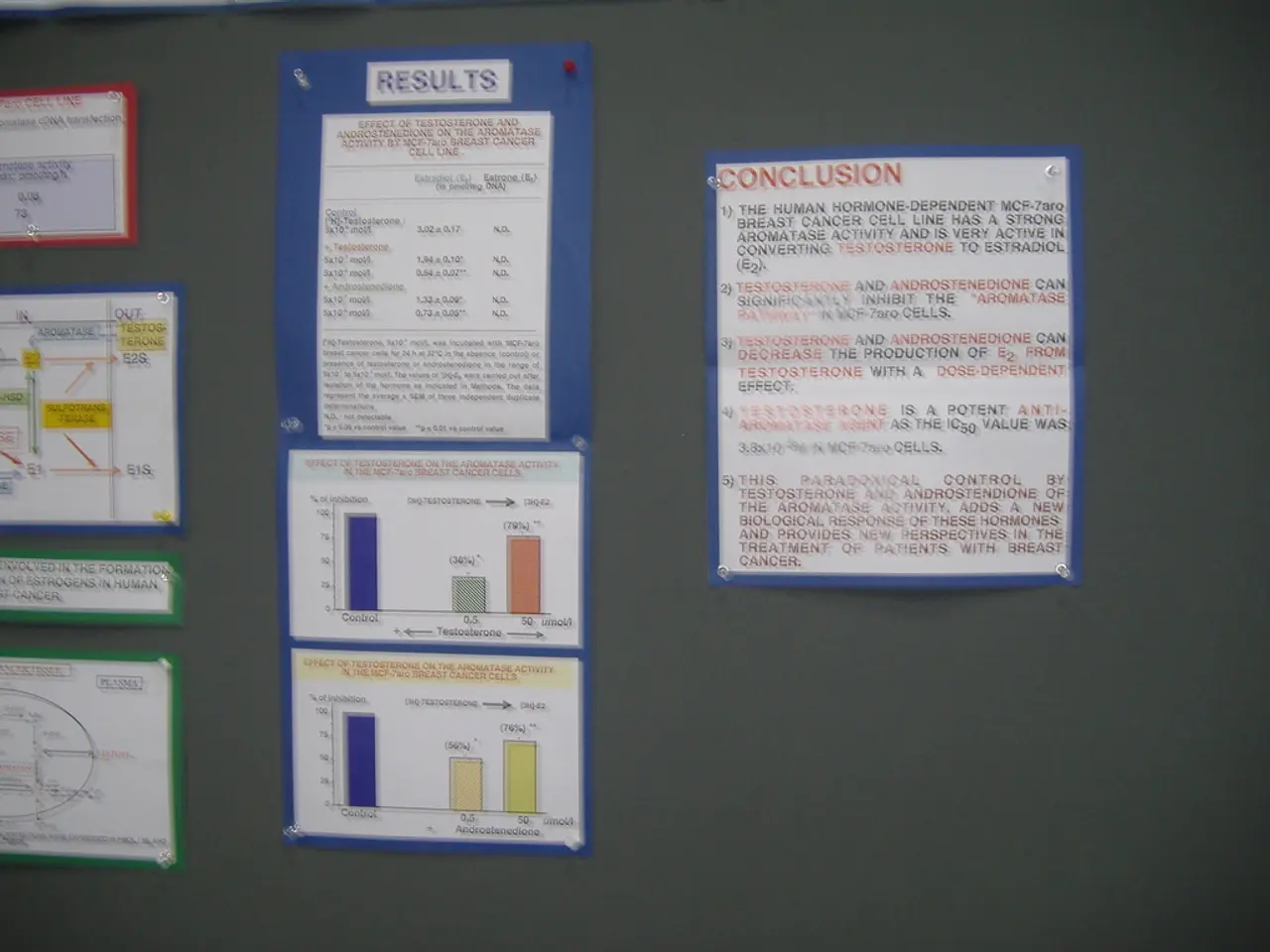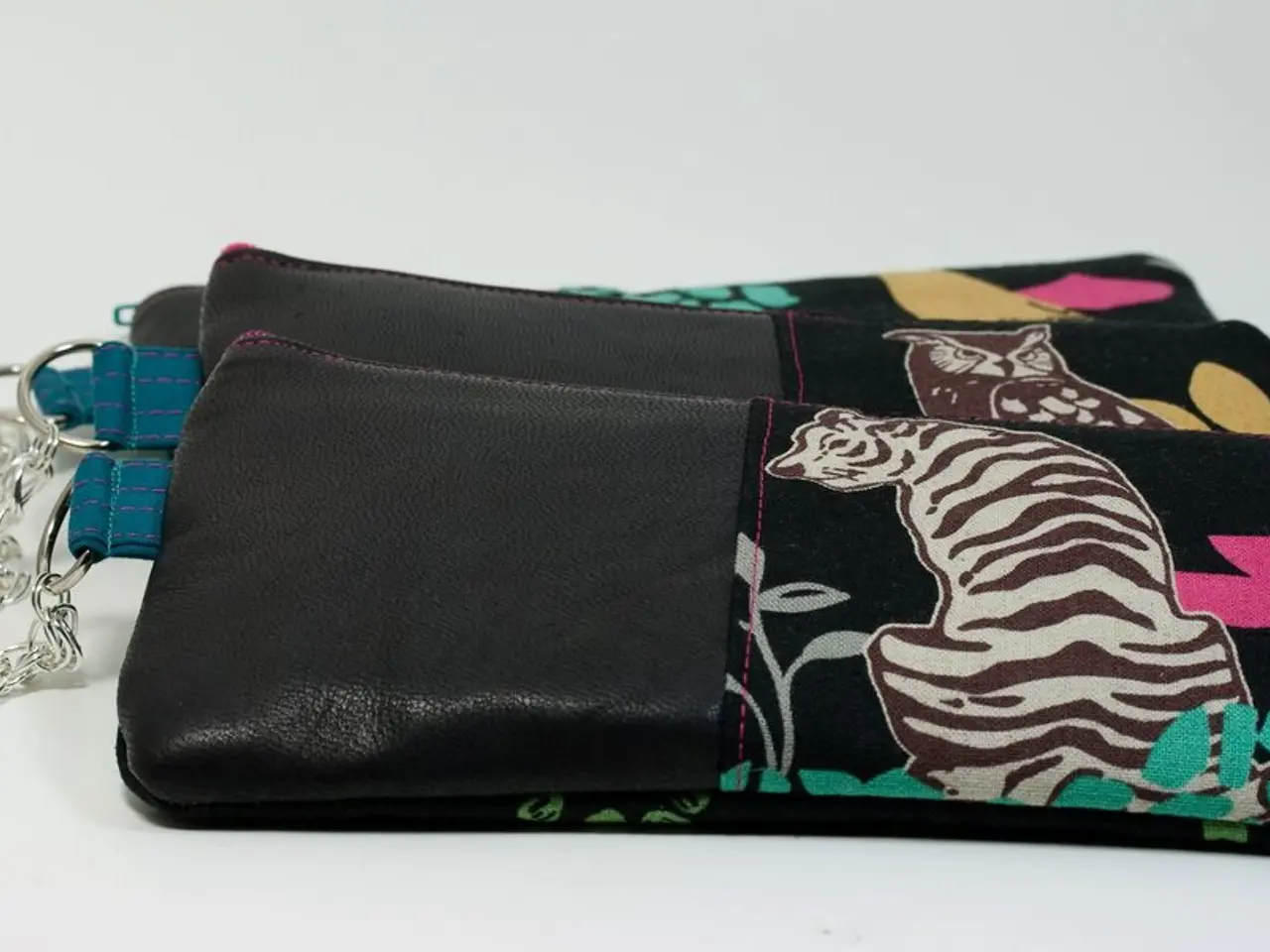World Bank Prepares to Re-engage in Activities within Syria's Borders
Fresh Take:
The World Bank Steps Back into Syria After 14 Long Years
Gearing up for a new chapter, the World Bank is all set to dive back into Syria's turbulent waters, following Saudi Arabia and Qatar clearing Syria's outstanding debtsworth around £13 million (roughly €14 million) this week. This move allows the global financial institution to renew its activities in war-ravaged Syria, as announced in a statement released on Friday.
"After years of chaos, Syria is making its way towards rebuilding and development," the World Bank declared. The first endeavor under this revived partnership, they announced, will focus on revamping electricity supply. The ultimate goal? To meet the pressing needs of the war-scarred nation and pave the way for a sustainable future.
The World Bank had previously pulled out of Syria at the outbreak of the civil war in 2011. However, with the recent ousting of long-time leader Bashar al-Assad and the gradual re-establishment of relationships between the West and Damascus, it seems tides have turned.
U.S. President Donald Trump announced the scrapping of U.S. sanctions against Syria on Tuesday, holding the hope that this action could spark a transformation in Syria's economy, financial sector, and infrastructure, steering the nation towards a more stable and prosperous future.
Behind the Scenes
- The Nitty Gritty: The World Bank's return follows the settlement of Syria's arrears of approximately $15.5 million to the International Development Association (IDA) — the World Bank Group’s fund for the poorest countries — by Saudi Arabia and Qatar. As of May 12, 2025, Syria will once again be eligible for new World Bank projects and financial support.
- Long-term Goals: The revived engagement forms part of a broader initiative aimed at stabilizing Syria and fostering long-term sustainable development. The World Bank envisions a phased increase in support, allocating resources for critical infrastructure improvements and eventually expanding into broader economic recovery and resilience-building programs.
- Support for Growth and Welfare: The IDA will offer zero- or low-interest loans and grants aimed at boosting economic growth, resilience building, and improvements in the welfare of impoverished populations. This financial assistance will be crucial for Syria's leap towards economic recovery and reconstruction.
Context and Consequences
- Political Shift: Operations are resuming in the aftermath of significant political developments in Syria, most notably the ousting of former President Bashar al-Assad. This shift has resulted in re-engagement by Western countries, kicking off a new chapter in their relationship with Syria.
- Regional Impact: The World Bank underlines that its involvement in Syria is not confined to domestic recovery but seeks to address economic and social challenges that extend beyond the nation's borders, contributing to the overall stability of the region.
The World Bank's community policy will likely prioritize resources for Syria's reconstruction, given its renewed activities in the war-torn country. The financing, essential for economic growth and welfare, is a crucial stepping stone in Syria's business sector and overall development, potentially having a significant impact on the region's politics and general-news landscape.




